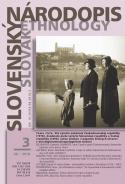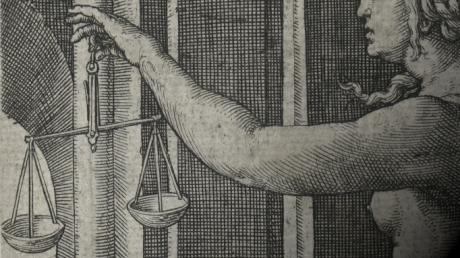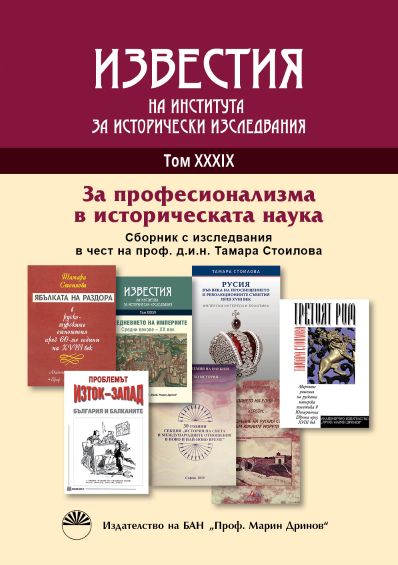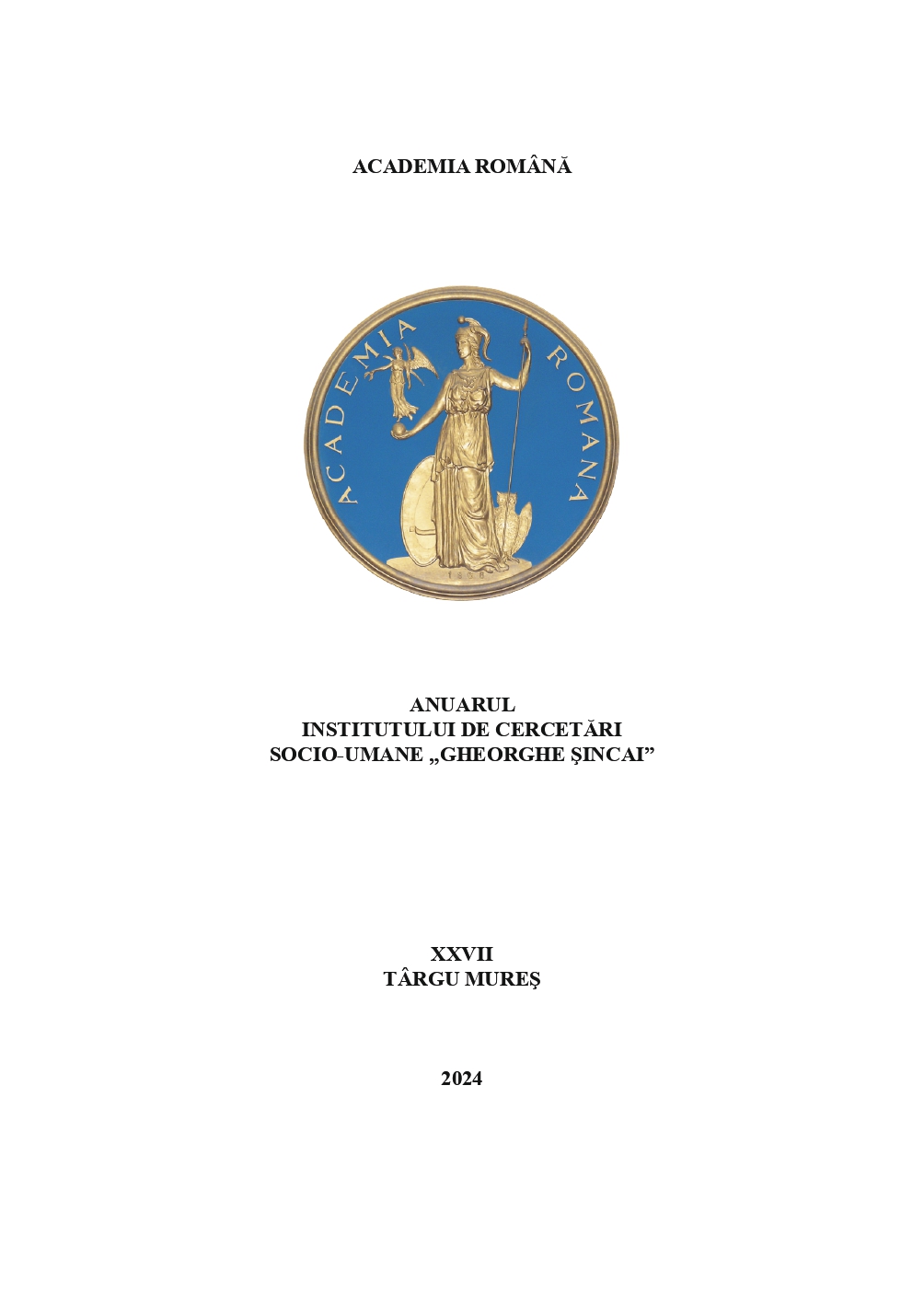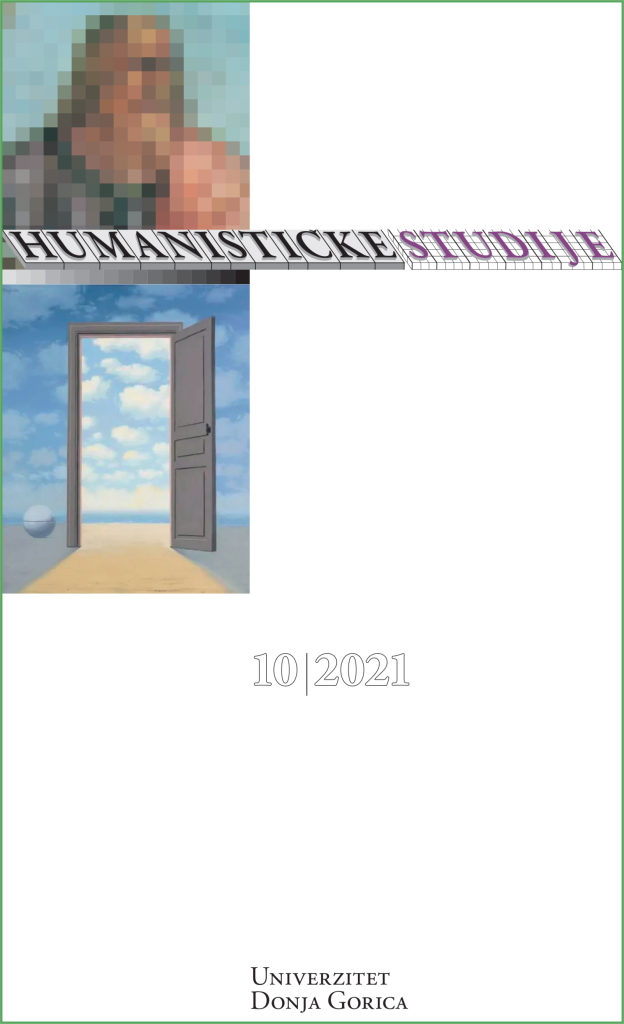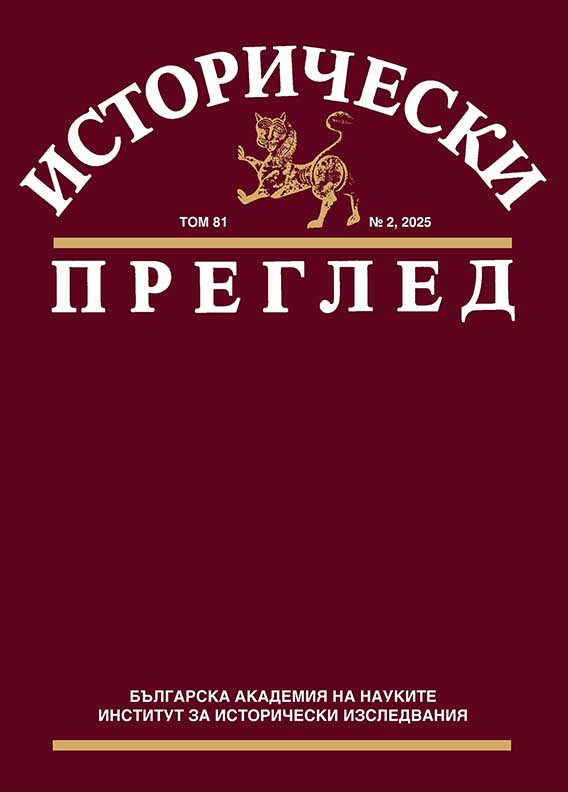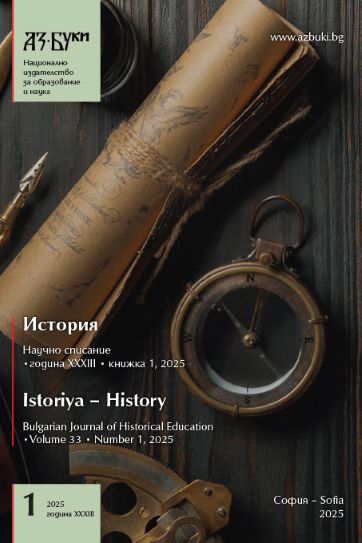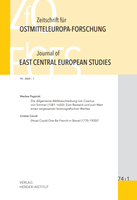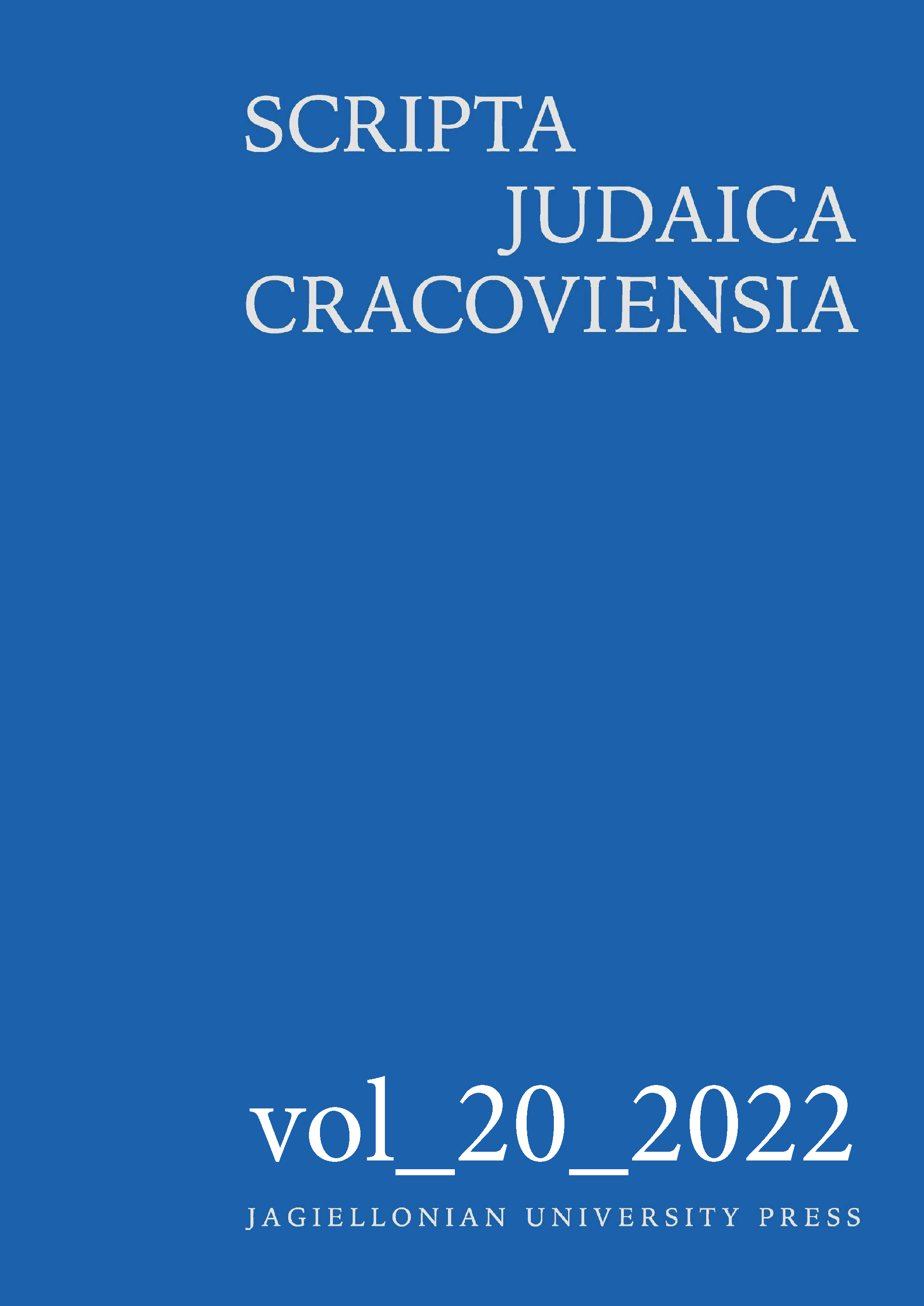HUNGARIAN IRREDENTA IN THE CONTEXT OF POLITICAL SITUATION IN CENTRAL EUROPE (YEARS 1929 – 1938)
The paper is analyzing causes and character of irredentist activities of Hungarian governments in relation to Czechoslovakia during the monitored period. Principal aim of irredenta was to establish an alternative to the direct annexation of Slovakia, or at least of part of the Slovak territory inhabited by the Hungarian minority. The goal of irredenta, besides other, was also to reinforce ethnic awareness of the Hungarian population in Slovakia, to cultivate a historic legacy of Hungary and to eliminate integral processes, which could weaken connections of members of the Hungarian community toward their kin country. Parallel with the increase of political instability during the second half of thirties, intensify also irredentist activities among ethnic Hungarians. The status of majority of Hungarians living in Slovakia was dramatically changed after the annexation of the majority of Hungarians to Hungary.
More...
